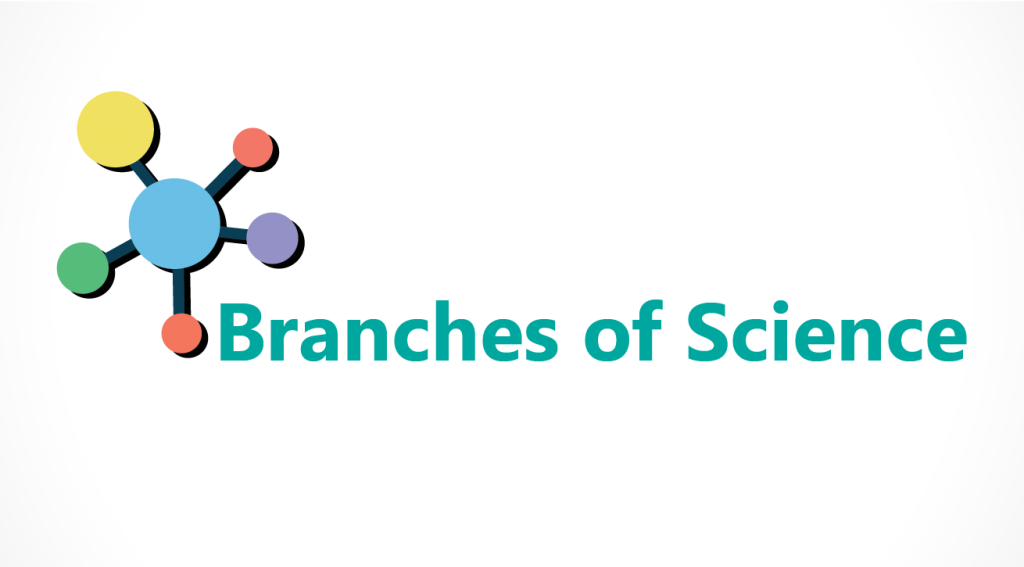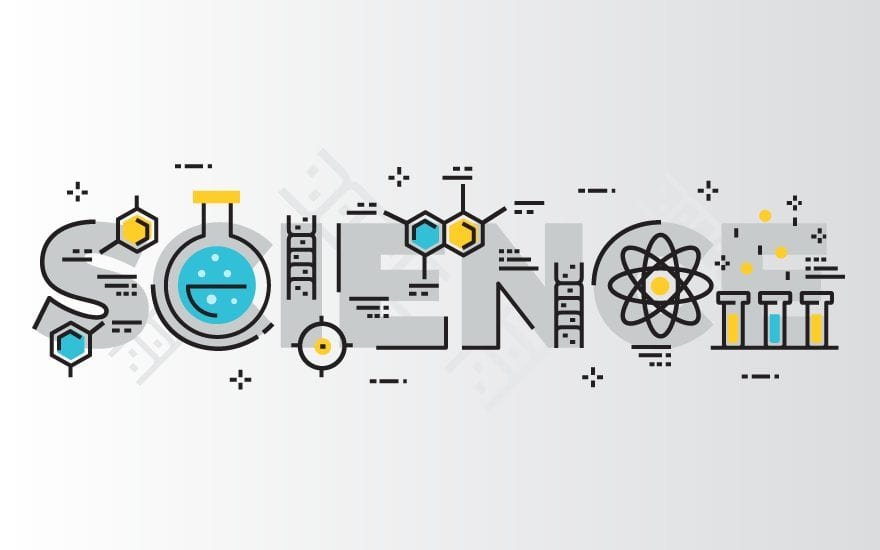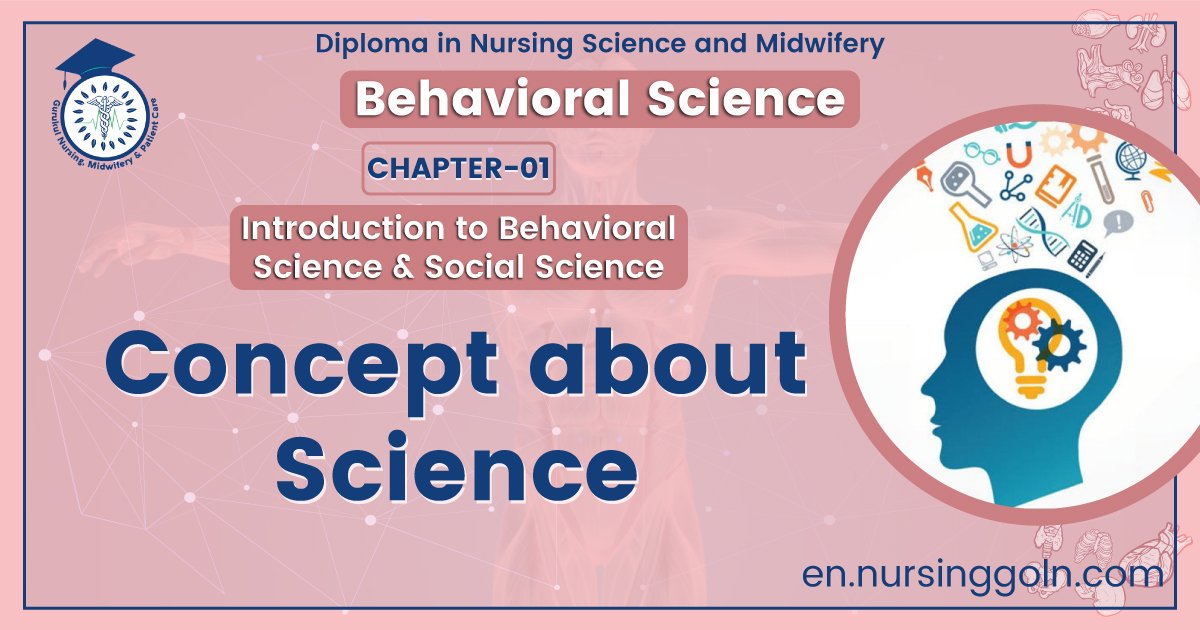Concept about Science – Behavioral sciences explore the cognitive processes within organisms and the behavioral interactions between organisms in the natural world. It involves the systematic analysis and investigation of human and animal behavior through the study of the past, controlled and naturalistic observation of the present and disciplined scientific experimentation and modeling.
It attempts to accomplish legitimate, objective conclusions through rigorous formulations and observation. Generally, behavior science deals primarily with human action and often seeks to generalize about human behavior as it relates to society.
Concept about Science
Science is a systematic enterprise that builds and organizes knowledge in the form of testable explanations and predictions about the universe. The earliest roots of science can be traced to Ancient Egypt and Mesopotamia in around 3500 to 3000 BCE. Their contributions to mathematics, astronomy, and medicine entered and shaped Greek natural philosophy of classical antiquity, whereby formal attempts were made to explain events of the physical world based on natural causes.
After the fall of the Western Roman Empire, knowledge of Greek conceptions of the world deteriorated in Western Europe during the early centuries (400 to 1000 CE) of the Middle Ages but was preserved in the Muslim world during the Islamic Golden Age.
The recovery and assimilation of Greek works and Islamic inquiries into Western Europe from the 10th to 13th century revived natural philosophy, which was later transformed by the Scientific Revolution that began in the 16th century as new ideas and discoveries departed from previous Greek conceptions and traditions. The scientific method soon played a greater role in knowledge creation and it was not until the 19th century that many of the institutional and professional features of science began to take shape.
Branches of Science
A. Physical Sciences
a) Physics: The study of matter and energy and the interactions between them.
b) Chemistry: The science that deals with the composition, properties, reactions, and the structure of matter.
c) Astronomy: The study of the universe beyond the Earth’s atmosphere.
B. Earth Sciences
a) Geology: The science of the origin, history, and structure of the Earth, and the physical, chemical, and biological changes that it has experienced or is experiencing.
b) Oceanography: The exploration and study of the ocean.
c) Paleontology: The science of the forms of life that existed in prehistoric or geologic periods.
d) Meteorology: The science that deals with the atmosphere and its phenomena, such as weather and climate.
C. Life Sciences (Biology)
a) Botany: The study of plants.
b) Zoology: The science that covers animals and animal life.
c) Genetics: The study of heredity.
d) Medicine: The science of diagnosing, treating, and preventing illness, disease, and injury.
D. Social Science:
a) Sociology
b) Economics
c) Political Science
d) Psychology
e) Anthropology

Definition of Science:
Science is defined as the observation, identification, description, experimental investigation, and theoretical explanation of natural phenomena.
Or
Science is a systematic enterprise that builds and organizes knowledge in the form of testable explanations and predictions about the universe.
Or
Science is the intellectual and practical activity encompassing the systematic study of the structure and behavior of the physical and natural world through observation and experiment.
Goals of Science
There are 3 main goals of science:
1. Explain the reality – The main goal of science is to explain the phenomena in our Universe, showing the mechanisms and laws that regulate these phenomena. So science doesn’t only describe reality, but explains why reality is like this and how it works.
2. Make predictions – Besides explaining the phenomena, science aims to predict events based on natural laws.
3. Develop new technologies and applications for the knowledge – This is a minor goal of science, but still is very important. The knowledge produced by scientific inquiry can be used for practical purposes, such as a new technology or, in the case of social sciences, public
policy.

Importance of Science:
- Science advances the knowledge of how the universe works
- Science advances medical knowledge in alleviating the ravages of disease
- Science advances the medical knowledge in alleviating the effects of cancer
- Science advances the medical knowledge in improving the lives of amputees, paraplegics
and quadriplegics. - Science advances the field of aviation in designing more efficient
- Science advances the knowledge of automobile engineers in designing safer automobiles.
- Science advances the knowledge of building design so that it takes less energy to keep the interior environment at comfortable temperatures and humidity.
- Science advances the knowledge of how to reduce, or even eliminate the use of fossil fuels for heat production (home heating, combustion engines and power generation.)
- Science allows us to tell the difference between what actually works and what is just false claims of medical remedies and procedures.
- Science allows us to design lighter, stronger, and recyclable materials
Classifications of science:
There are different sciences to deals with different branches of knowledge. Science has been classified in numerous ways. These are:
1. Pure science: Attempts to discover fact and principles in order to increase the quantity and quality of knowledge.
2. Applied science: Applied science is the application of existing scientific knowledge to practical applications, like technology or inventions.
